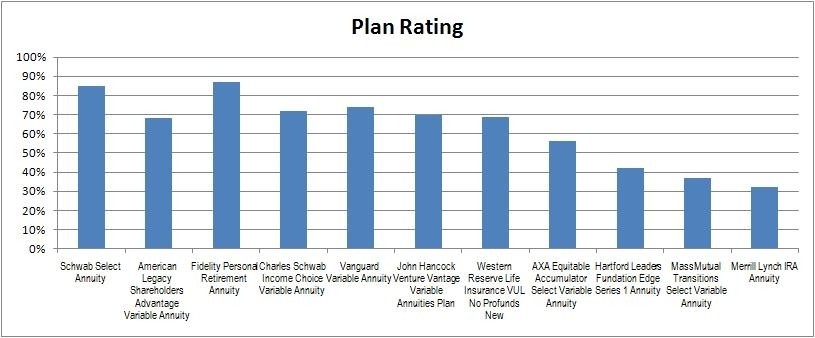Money and Such 401K Matching the Pitfalls
Post on: 16 Март, 2015 No Comment

Thursday, July 05, 2007
401K Matching: the Pitfalls
This is the fourth post in my 401k week series. Previous posts have dealt with the many features in our new 401K plan ; with the concept of a ROTH 401K ; and with the reasons we decided to dump ING as our 401k plan provider.
If you are lucky enough to be in a company that matches your 401K contributions, not taking advantage of this free money is practically a crime. Nevertheless, even if you are taking full advantage of the matching, there are a couple of things that you should watch out for:
1. What is being matched. My company matches 50% of the first 6% of pay contributed to our 401K plan. However, matching is only awarded for contributions out of base pay. Bonuses are not matched. Be aware which contributions entitle you to the company match, and make sure you contribute enough to get every free dollar you can.
2. How is matching calculated. My company matches employee contributions on a per-pay-period basis. You only receive matching funds for the first 6% of contribution out of each pay check . This means that if your 401k contribution rate changes throughout the year you may not get the full amount of the match.
For example, an employee who makes $100K per year and wants to max out his contribution at $15,500. If he contributes an even 15.5% of salary per pay period, by the end of the year he will receive company matching of $3,000 (50% match up to the first 6% of salary). However, if the employee wants to max out his contributions by June 30, he will only be getting a total match of $1,500 that year — because contributions in excess of 6% per pay period are not matched. If you are not aware of this and your contribution rate varies over time, you may be leaving money on the table.
This matters especially if you are a new employee joining the company in the middle of the year, or if you are about to quit your job. In fact, this is exactly why this policy is in place. The company wants to ensure that employees are not able to max out their contributions early, get the full match for the year and then quit.

3. Be Aware of Your Vesting Date — most companies that match employee contributions require that the employee work for the company for a certain period of time before the employer match is completely vested. My company has a four year vesting schedule, where 25% of the matched funds vest each year. My wife’s vesting schedule is three months — her company matching funds vest at the end of each fiscal quarter.
It is important to know your company’s vesting schedule for two reasons. First, if you are thinking about switching jobs, it may be a good idea to time your departure such that it happens after your closest vesting milestone. For example, I vest in 25% of my company match every May. If I wanted to quit my job and were to get a good offer with another company in April, I would try to postpone my departure date by a month to vest in more of my matching funds. Of course, there is no point in missing out on a great career opportunity for a couple of thousand dollars, so use common sense.
It is also worthwhile to check up on your vesting, even if you have no plans to go anywhere. One of my colleagues recently noted that his account did not show a vested match balance, even though he was with the company for two years. When he reported the error, it was corrected within days.
4. Matching in Company Stock — you would expect that after the Enron scandal people would realize that investing large amounts of money in your own company stock was a bad idea. You would also hope that companies would realize that it is not fair to match employee contributions using company stock. No such luck. My wife’s company matches her contributions in company stock. On the plus side, since her match vests every quarter, we sell the stock and invest the proceeds in a more diversified investment option. For more about why I think it is a bad idea to invest in your own company stock, check out this post.














